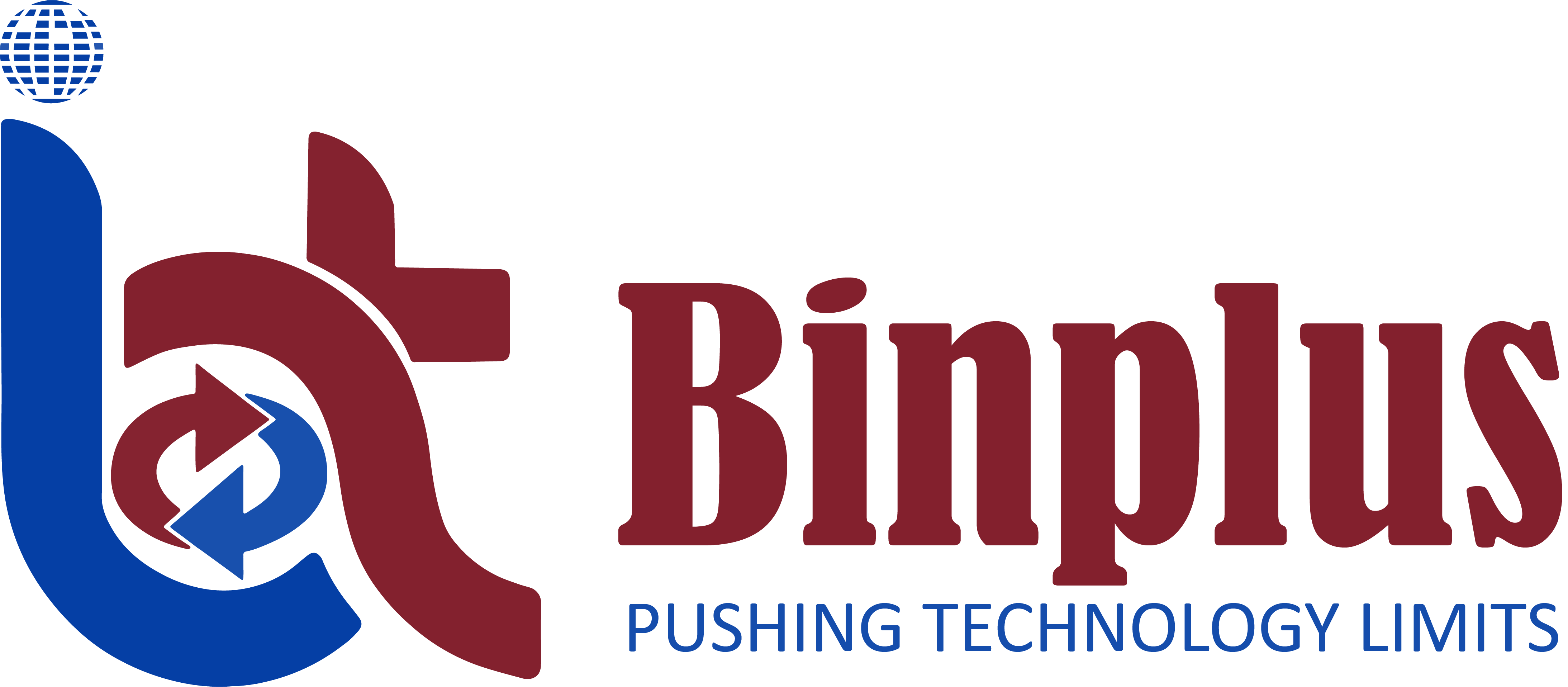3. Culture and Engagement: The Heartbeat of Growth
A company’s culture can be a catalyst—or a barrier—to growth. HR is responsible for shaping and nurturing a positive and productive work culture. This includes:
• Promoting open communication and collaboration
• Recognizing and rewarding performance
• Fostering diversity, equity, and inclusion
A strong culture not only retains talent but also attracts top performers, clients, and investors.
4. Strategic Business Partner: Driving Decisions
Modern HR is deeply integrated into business strategy. HR professionals provide:
• Data-Driven Insights: Using HR analytics to inform business decisions.
• Change Management: Guiding the organization through transformations like mergers, restructuring, or digital adoption.
• Risk Mitigation: Ensuring legal compliance and managing employee-related risks.
When HR is involved in strategic planning, businesses can adapt faster and grow smarter.
5. HR Tech and Innovation: Streamlining for Scale
As businesses grow, efficiency becomes crucial. HR drives growth by adopting technology that automates and scales operations:
• HRMS Platforms: For managing the employee lifecycle from onboarding to exit.
• AI & Analytics: To optimize hiring, performance tracking, and engagement.
• Self-Service Tools: Empowering employees and reducing administrative burdens.
By leveraging technology, HR helps the organization grow leaner, faster, and smarter.
Conclusion: HR as a Growth Engine
In summary, HR is no longer just a cost center—it is a growth enabler. From hiring and developing talent to shaping culture and driving strategic initiatives, HR plays a key role in every stage of business growth. Companies that recognize and invest in their HR function are better positioned to scale successfully and sustain long-term performance.


Leave A Comment